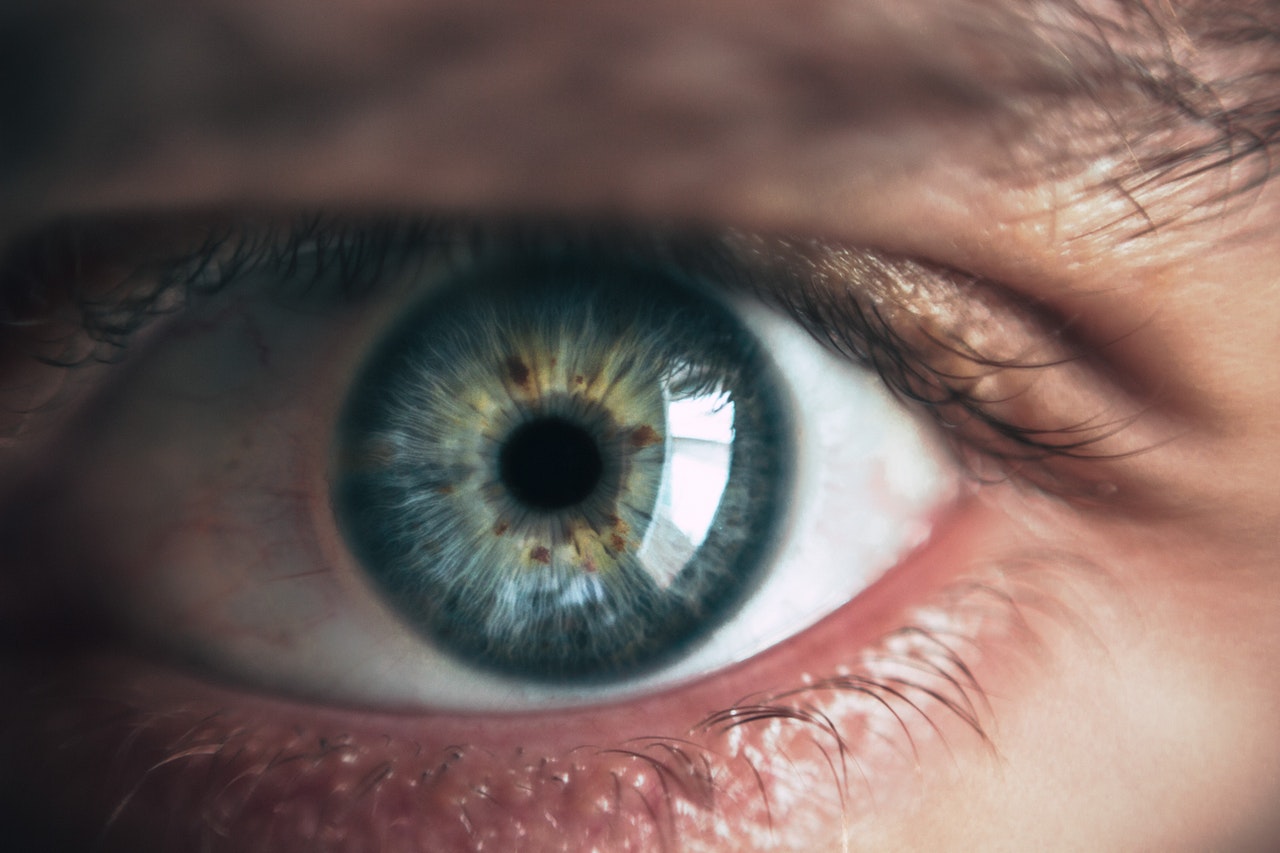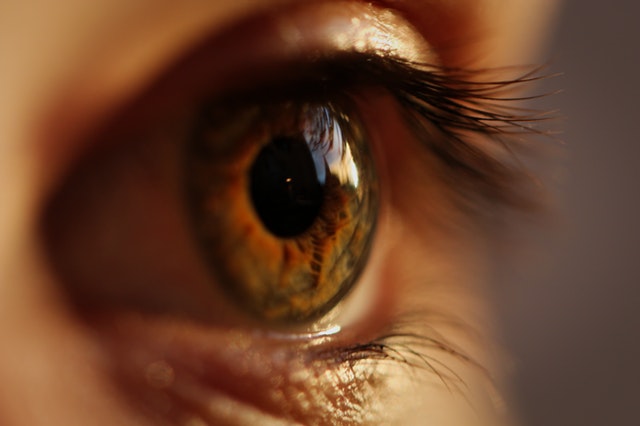Dry eye disease, or ocular surface disease, is a very common condition that occurs when your natural tears and cleaning mechanisms don’t properly lubricate your eyes. 86% of the public experiences dry, itchy eyes, and even excessively watery eyes, which can impact their quality of life and ability to see the world clearly.
At Fort Collins Family Eye Care, with a unique menu of diagnostic technology and advanced training, Dr. Munson examines your ocular surface and meibomian glands to determine the cause of your dry eye symptoms. Root cause solutions and relief are noted within 30-90 days for compliant patients.
If you’re experiencing any symptoms of dry eye disease, visit Dr. Munson at Fort Collins Family Eye Care. Live your best life and enjoy the beauty of the world.
Dr. Munson and members of her nationally-recognized Advisory Board specialize in ocular surface disease and dry eye treatments. Their collaborative approach to ocular surface disease prevention and treatment is renowned nationwide.


Age: Dry eyes are a part of the natural aging process because people often experience lower tear production as they age.
Medication: Certain medications including anti-depressants, decongestants, antihistamines, birth control, and numerous others have been linked to dry eyes.
Gender: Because of hormonal changes during pregnancy and menopause, women are more likely to experience dry eyes.
Environmental factors: Environmental factors such as dryness, wind, or smoke can cause tears to evaporate more quickly.
Contact lenses: Long-term contact lens wearers can develop ocular surface disease. Oftentimes, patients who experience contact lens intolerance are suffering from ocular surface disease. Dr. Munson may indicate contact lens rehabilitation for patients experiencing discomfort from meibomian gland dysfunction (MGD) and ocular surface diseases.
LASIK: Patients who have had LASIK surgery are at higher risk of developing ocular surface disease.
Allergies: Allergies can cause temporary dry eye symptoms. In fact, 40% of suspected eye allergy cases overlap with ocular surface disease.
Diabetes: 54% of diabetes patients have ocular surface disease.
Rosacea: If you’ve been diagnosed with rosacea, your eyes are involved, and you may experience symptoms of dry eyes. Ocular rosacea causes red, itchy eyes.
Autoimmune illnesses: Some autoimmune illnesses, such as lupus rheumatoid arthritis, can dry out your eyes because inflammation can block your tear glands. 33% of patients with autoimmune disease have ocular manifestations.
Digital Vision Syndrome: Prolonged computer use and eye misalignment can cause dry eyes. To avoid this, you should take breaks from looking at computers, phones, and tablets.
Meibomian gland dysfunction: Your meibomian glands are responsible for producing the oil that lubricates the outermost layer of your tear film and prevents your tears from evaporating.
Eyelid inflammation: Eyelid inflammation, also known as blepharitis, can cause dry eye symptoms.


Blurred or inconsistent vision
Contact lens discomfort and irritation
Dry, itchy, or gritty eyes
Red eyes
Stinging or burning sensation
Fluctuating vision
Light sensitivity
Watery eyes
Eye fatigue
Irritation from contact lenses
Frequent headaches when using a digital device for more than two hours per day

